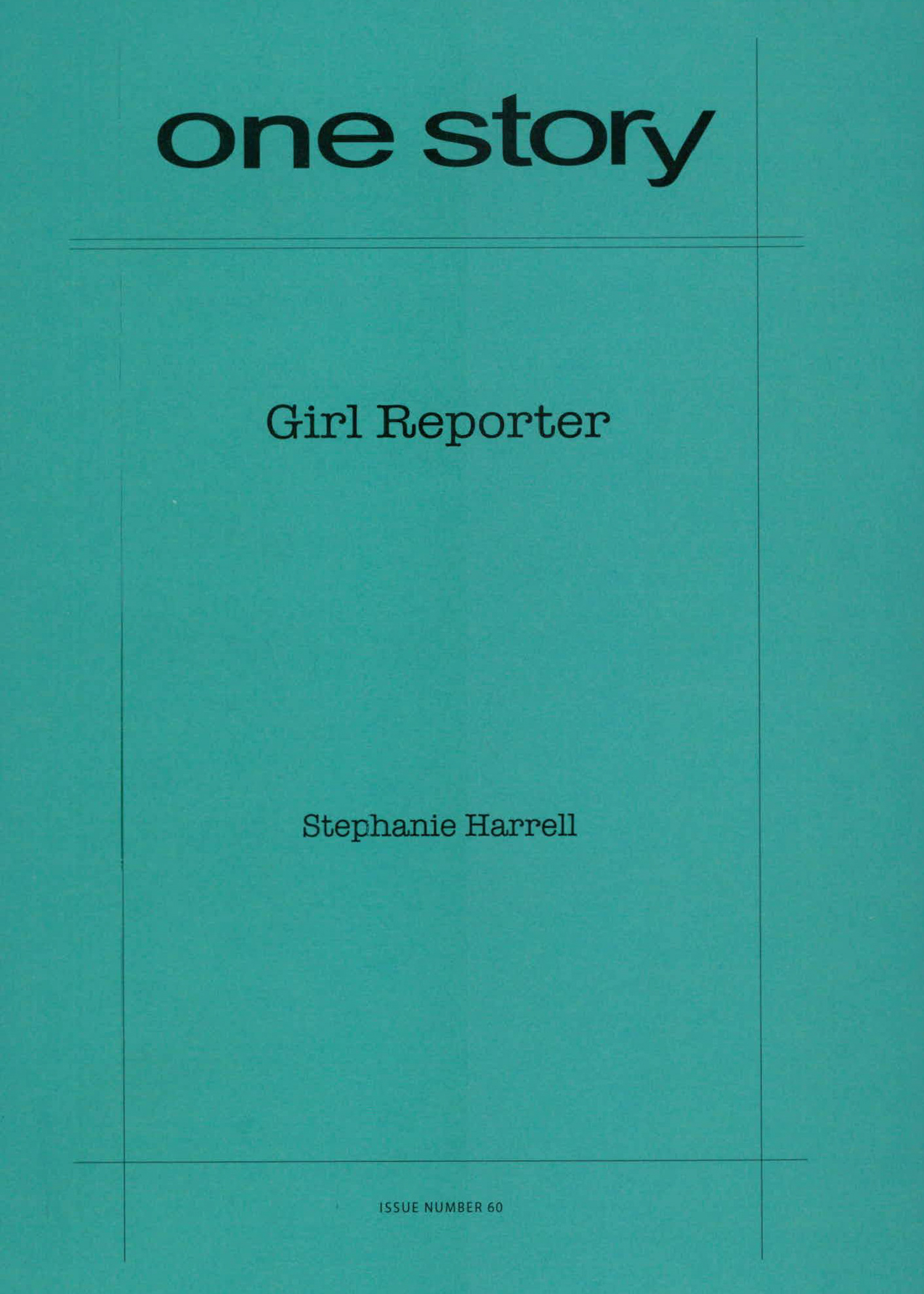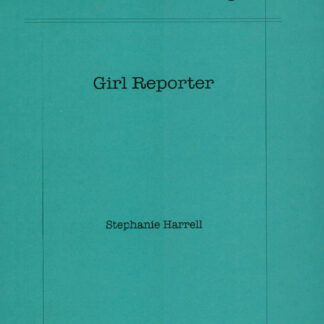
Girl Reporter
$2.50
25 in stock
Excerpt
You remember the day he first swooped into our lives, the sky bathed bright orange with zeta-rays. You remember that stray satellite that was crashing toward our fair San Angelo, and what emergency shelter you were fighting the mob to get into.
I, myself, oblivious to personal safety, was snooping around the power plant’s observation chamber, looking for the scoop on flawed disaster fail-safes. Suddenly the klaxon started to sound. Blast doors slammed. As the room I was standing in slid into a defensive domed shape, it wrenched me off my footing, leaving me to grasp and dangle from an inverted railing. On page 46 of Flight of Justice, his so-called memoir, he says he heard my screams from miles away.
Let me assure you, here and now, I did not scream, at least not till much later in our sordid little tale. I was too busy clutching onto steaming steel grillwork, a radioactive roar of heat below me, my hands slippery, wrists about to give. I never scream when these kinds of things happen to me.
Instead I muttered my last ritual rank-breath gutter curses at all villains, sports editors and ex-boyfriends. It was then that he barreled through the blast doors like a heat-seeking missile.
Stephanie Harrell
Stephanie Harrell has had her fiction published in Jane and Speak Magazines. She received her Ph.D in Creative Writing from Florida State University. She currently teaches in the Bay area where she lives with her husband and two small children, Jupiter and James Geronimo, and is presently at work on a novel. “Girl Reporter” won the 2005 Fountain Award, given annually to a speculative short story of exceptional literary quality.
Q&A by Hannah Tinti
- HT: Where did the idea for this story come from?
- SH: I’ve always loved comic books and as a kid in the 70’s I would scour the 7/11 racks for comics about girl superheroes. Pickings were slim—usually I had to buy a “Teen Titans” or a “Legion of Superheroes” comic (there was always at least one girl in a super-hero group, even if she did have wimpier powers.) When you’re a kid, your imagination lets you identify with the superheroes themselves. As an adult, I can no longer imagine myself with telepathic powers like Saturn Girl, or incredible strength like Power Girl, so I find myself wondering what the damsels-in-distress are feeling. Even though it’s sexy, sure, to be plucked from danger and flown to strong-armed safety, wouldn’t a Girl Reporter resent the guy who saves her? Wouldn’t she wish that she was the one with the super powers? I think the voice of the story came from that question.
- HT: What was the most challenging aspect of writing this story?
- SH: I always find it a challenge to make a voice both edgy and sympathetic to a reader. I worry that my narrator’s self-absorption and relentless self-analysis is going to turn a reader off. I tried to balance her arrogance with humor.
- HT: What made you want to write about a superhero? Were you influenced by the current trend of comic book movies?
- SH: Oh, how I love a good comic book movie (or TV show!) and I watch them all unless I know they’ll break my heart by being painfully bad. I think I’m of that same generation that grew up on this mythology and wants to explore it in adulthood. And yes, I am influenced by them, because there’s no worse damsel in distress than the kind in a two-hour movie. Poor Mary Jane in the first “Spiderman” had to be saved three times in two hours! So there’s a part of me that wants to bust apart that myth. My favorite scene in “Spiderman 2” is when Peter Parker’s washes his Spidey costume at the Laundromat. I love my myths, but I also want to put them in industrial washers and let them bleed out a little.
- HT: What makes “Girl Reporter” so effective is the way you turn the comic book stereotypes on their head. The superhero has a gambling problem and a terrible haircut, and the damsel in distress doesn’t want to be saved. Can you talk a little about how you developed these two characters?
- SH: I wanted my superhero to be real, to have pores, to like cheap beer, and I wanted my damsel in distress to be petty, to be jealous of his superpowers. So both characters wound up with identity issues. He’s working on coming up with a smoother public persona, and her hard-boiled shell is starting to crack. In a way it’s the same old comic book theme of balancing alter-egos. I just want to look at that with honesty and humor.
- HT: There’s a lot of humor in this story, as well as moving, emotional moments. How do you find ways to balance the humor in your fiction without going over the top?
- SH: I am constantly re-drafting. Is it honest or is it gratuitous? Does it come from character and is the pacing right? I’m my own best line-slasher, but I love to get someone else to read the story and edit it. If they slash a line, I believe them!
- HT: How long did it take you to complete this story?
- SH: Five years. Only because I can’t let a story go until it’s finally published. Every time I look at it again, I have to tinker with it, change whole scenes. Thanks to One Story it’s in its final form.
- HT: What is the best bit of advice about writing you have ever received?
- SH: My husband is also a writer, and we are constantly talking about fiction and craft—what works and what doesn’t work. We’re relentlessly script-doctoring everything from Anna Karenina to the latest Vin Diesel movie. I can’t say one piece of advice has helped me more than another—it’s more about having a constant dialogue about voice, plot, character, scene, perspective, dialogue, exposition—figuring out what works, and why.
- HT: What are you working on now?
- SH: I’m working on a novel about a group of trophy wives who accidentally kill a night golfer. And when I need to cheat on my novel, I’m messing around with another short story, this time about a female super hero, a princess of sorts...
